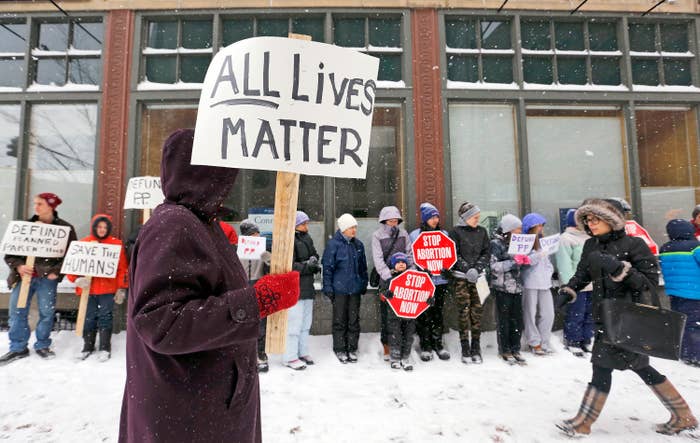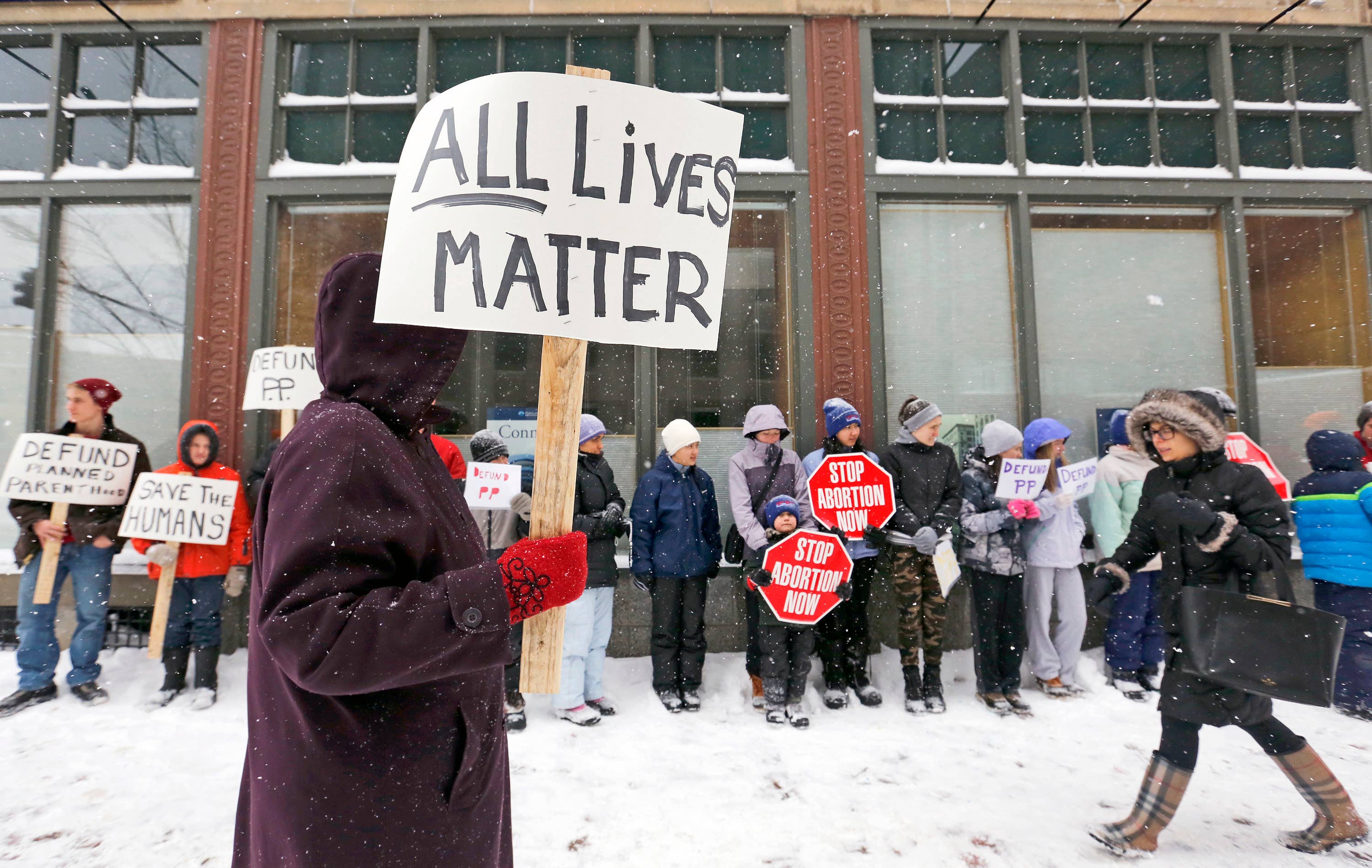
How is it that every February people still ask: “What about white history month?” For some reason—despite innumerable examples of race inequality in our society—there are too many people who can’t seem to grasp the reality of race relations in the United States. While it is undeniable that many people suffer within our patriarchal capitalist system (yes, even white people), this does not eradicate the reality that brown and black communities are disproportionately affected by essentially all of our country’s systems.
Discussing privilege isn’t easy, and coming face-to-face with reasons why others have it worse than you isn’t necessarily fun. Which is probably why, when asked to consider the layers of systemic and historic oppression that disproportionately affect people of color, too many white people choose to write things off as “reverse racism.”
Just had the most racist experience ever at CNN headquarters. I'm so disappointed @CNN pic.twitter.com/TTS2jhgfjD
The fact that a majority of white Americans believe discrimination against whites is as much of a problem as discrimination against minorities means we increasingly have to field questions that attempt to demonstrate the existence of reverse racism. It has become clear just how many white people see things as a zero-sum game. “If things improve for brown and black people,” they seem to think, "then, surely that must mean I have something to lose.”
We need only look at the staggering incarceration rates among black and Latino men or recall the fact that unarmed black men are seven times more likely than whites to die by police gunfire to know that race inequality is everywhere.
Since racism only works against people who are already oppressed, white people cannot possibly be its victims—no matter how poor they are. In recent history whites have always held the most power, so the systems and institutions that exist today were all built around this assumption. Black people and Native Americans couldn’t even vote until the latter half of the last century, and still today we see voter suppression happening in many states. Sure, things are better for black and brown people than they were in the past, but better doesn’t mean equal.
We all have hardships, but as the demographic that has historically held all the power—and whose power has dictated the oppression of others—white people simply can’t be victims of racism. The idea of reverse racism is just a white person’s response to the threat of lost power—not real oppression. The fact that so many in this country still cannot grasp this is bewildering.
Popular deflections include questions like: “Well, what about a white, unemployed, single mom living in the Detroit projects?” No one is trying to deny that a single mother struggling to feed her children isn’t also a victim of America's flawed systems (though the fact remains that black and Latino households are twice as likely as white households to be food insecure) but in the end, a single, white mother from the projects will still have more privilege. If given the opportunity, she can go out and find a job more easily than her black or Latina counterpart, make on average $4 to $5 an hour more than black and Latina women, and be spared from many other manifestations of institutionalized racism. (By the way, all women still make significantly less than white men.)
the Google definition of racism is false. 1. racism = privilege + power (who has privilege and power? white people!) pic.twitter.com/2Z55y6cmQL
It’s important to consider the myriad ways systemic oppression produces varying degrees of privilege but one of the most striking examples can be seen right now across social media feeds: the ability to remain silent about or dismiss matters that do not directly affect you.
“Donald Trump is our president so we should just accept it and get on with our lives.”
While this is an alluring proposition, you have to wonder: What exactly does "getting on with one's life" look like?
As a general rule, some portion of the country is always bummed in the wake of a presidential election. Even so, the past few months have transcended the lingering bitterness that usually plagues losing parties after an election. This time, there have been more sullen faces, more downtrodden social media updates, and more widespread outrage. Over the last few weeks, we have watched our president re-up his commitment to using walls and bans to keep certain people out of the country, recommend unqualified individuals as members of his cabinet, carelessly alienate many of our country’s allies, and so much more.
There will always be some who can choose to “stay out of politics," but in all likelihood, these are the very same people who see Trump as little more than an annoying bigot with bad oratory skills.
It’s difficult to know exactly how things will continue to unfold, but it is more than likely that the next several years will be an uphill battle. Much of this country is already being forced to find new ways to push back against the current circumstances and develop sustainable resistance strategies. And one thing is becoming evident: in light of today's political climate, simply getting on with life is a privilege.
There will always be some who can choose to “stay out of politics," but in all likelihood, these are the very same people who see Trump as little more than an annoying bigot with bad oratory skills. But this ability to choose when to become politically activated requires some degree of privilege. For many, Trump's administration is more than just a shame or an annoyance. Each day, millions of people across the country wake up not knowing whether a family member will be swept up in an ICE raid, whether their place of worship will be burned to the ground, or whether they will be shot in the back by a hasty police officer.
Being a marginalized person means living an inherently political life. For many, not a single day passes without having to grapple with what it means to live inside a marginalized body. After all, when life and safety are at near-constant risk, being politically engaged isn’t a choice—it is a means of survival.
Bottom line: Everybody has hardships (calling out privilege is never meant to deny this) but our experiences will never be the same. If those with more privilege took the time to listen—instead of clinging to the idea of reverse racism—when marginalized people try to impart knowledge (or shows like Dear White People come out), we could get so much more work done.

